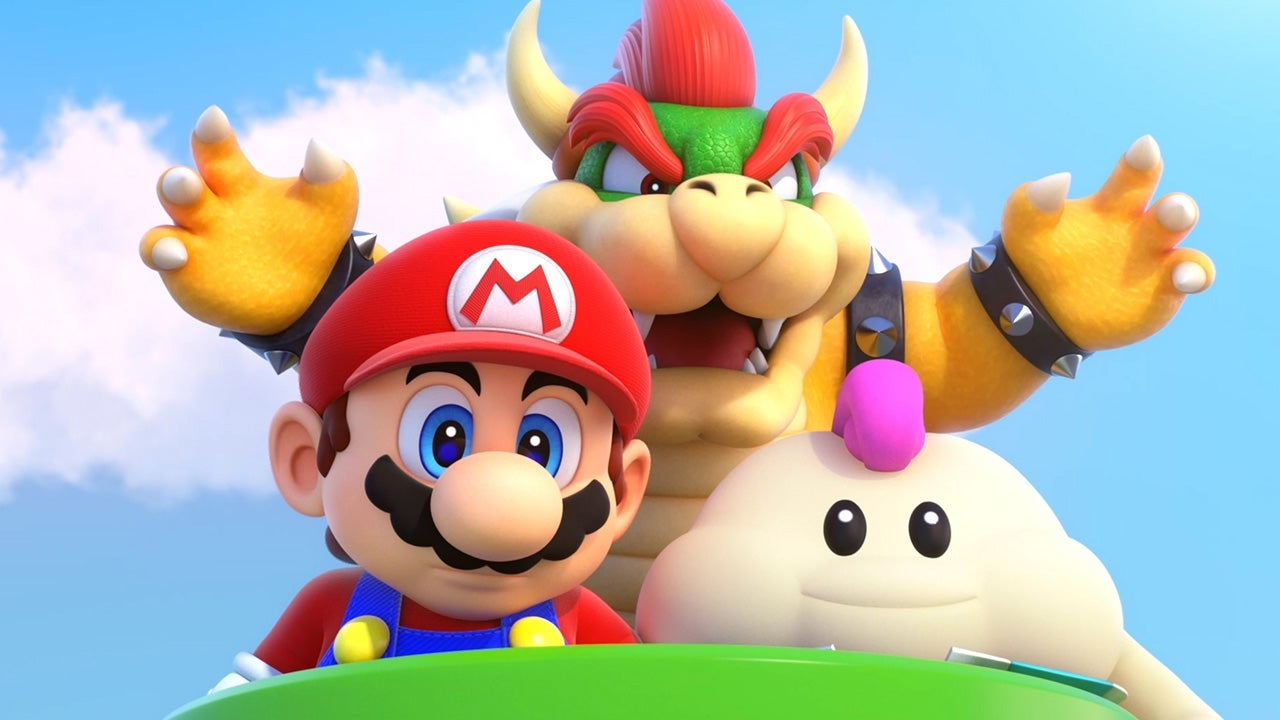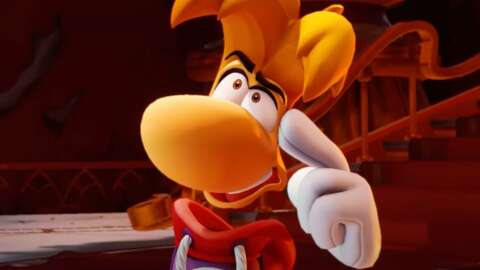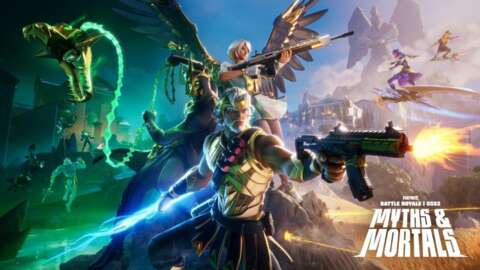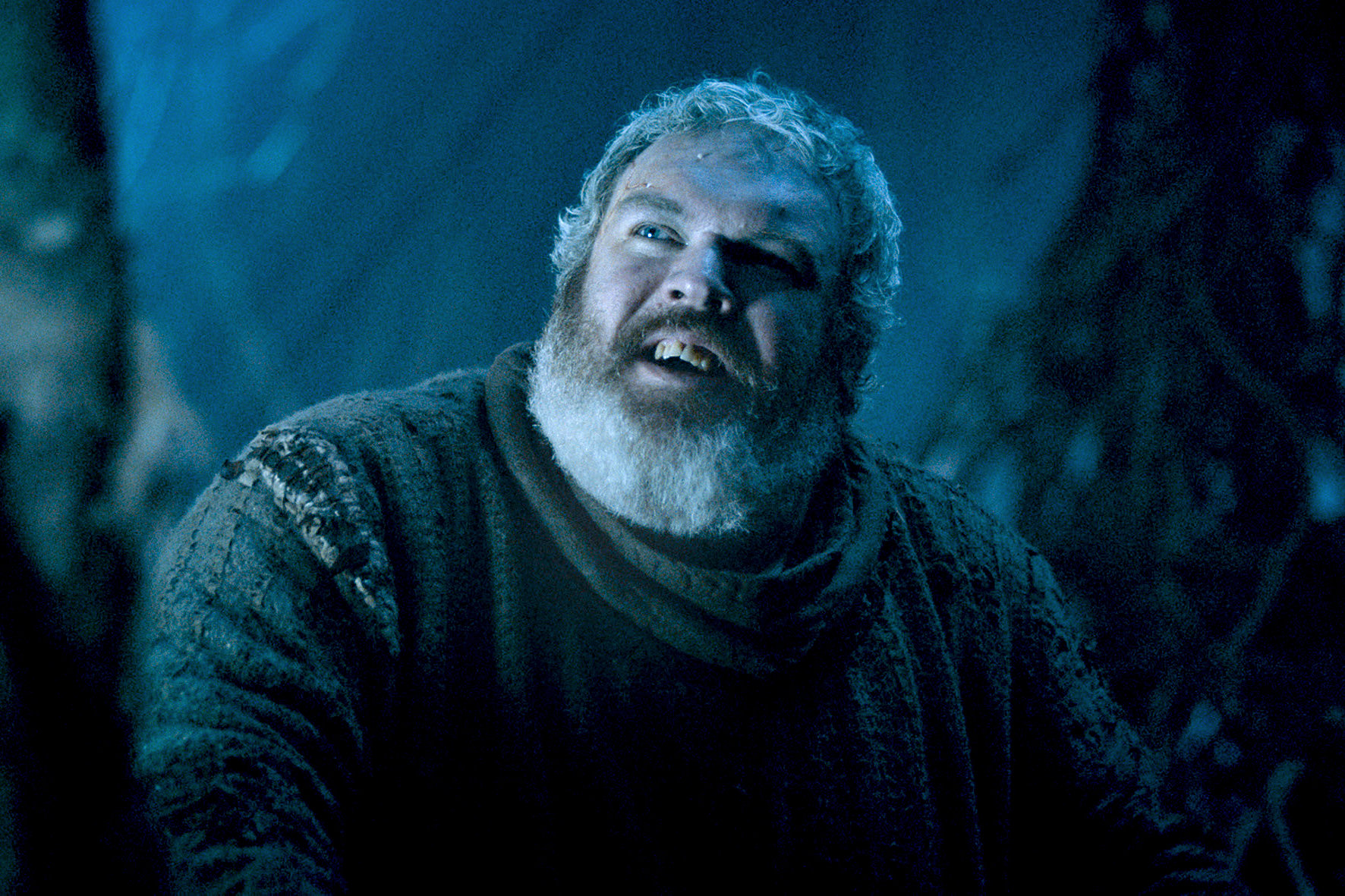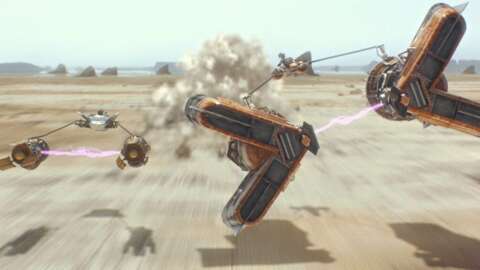Season 11 of Futurama debuts July 24 on Hulu.
At the risk of getting too highfalutin about a cartoon starring a beer-chugging robot, let it be said that destruction and rebirth have always been a part of Futurama, the zany animated comedy of 30th-century misadventure returning to screens next week. The first of the show's many spectacular sci-fi visions arrived in the original pilot, when hapless delivery boy Philip J. Fry (Billy West) lay frozen in a cryogenic tube as civilization rose and fell around him multiple times over, razed and then rebuilt in time-lapse perpetuity. Right from the start, was Futurama gazing into its own future, anticipating its phoenix-like ability to repeatedly resurrect itself from the ashes of untimely cancellation?
This is, after all, the third miraculous revival of the series Simpsons creator Matt Groening and longtime Simpsons writer David X. Cohen launched on the cusp of Y2K. After mediocre ratings halted its run on Fox, Futurama returned for a series of movies that went straight to DVD (a format now nearly as anachronistic as Fry himself), then two seasons of brand new episodes on Comedy Central. Here and now, a full decade after it last left the airwaves, it's been granted an improbable fourth life on Hulu. Cryogenically unfrozen yet again, Futurama stubbornly endures, and remains stubbornly itself – or at least the slightly diminished version of itself fans have come to expect since news of the show's death first proved premature.
Groening, Cohen, and their team of writers thankfully get all the self-conscious commentary about the time away out of their system quickly. Even more so than previous re-pilot "Rebirth," Hulu's premiere episode winks at the forever shifting fortunes of Futurama. "It feels like we've been rebooted," lampshades incorrigible hedonism bot Bender (John DiMaggio, back in finely rude vocal form after working out his salary dispute with the producers). From there, "The Impossible Stream" develops into an extensive in-joke about TV revivals in the cutthroat streaming era, as Futurama boldly goes where it's never gone before: completely up its own shiny metal ass.
Still, there's more to this reintroduction than inside blernsball. The premiere also tweaks show-within-the-show The Scary Door to cleverly spoof a certain modern, technology-obsessed descendant of The Twilight Zone. And like a lot of the best episodes of Futurama, "Stream" casually tosses off a great science-fiction idea with satirical applications: a device that allows users to unconsciously binge weeks worth of TV, falling into a vegetative content coma.
Futurama's formula hasn't much evolved since the days when, as Professor Farnsworth puts it, "binge" meant something different. Light jabs at the absurdity of modern life coexist with variably witty sci-fi parodies (like an extended Dune riff), all of it built on the sturdy foundation of characters who can’t really change. Fry is still an earnest dolt (or galoot, as he rechristens himself during a Wild West-themed excursion). Bender is still lovable in spite, or perhaps because, of his selfish amorality. Leela (Katey Sagal) remains a neurotic figure of competence and wearied voice of reason among the various kooks, crabapples, and literal crabs of interstellar delivery company Planet Express.
Which is not to say the characters' lives haven't changed. Time may be as ultimately wonky here as it is on Groening's flagship animated series, but there's still room to dwell on it, as Fry does in the first new episode, questioning what he's accomplished across a television series that now spans four decades, three platforms, and five presidents not named Nixon. The series finally makes up its mind about the on-again/off-again, will-they/won't-they, Sam-and-Diane thing that Fry and Leela have long navigated. And by virtue of its unexpected survival, Futurama has now been around long enough to pay off a major, delayed development for another of its couples, in one of several episodes here that qualifies as a direct sequel to an early-season classic.
The targets of the show's satire have shifted, too. The streaming revolution and the crypto gold rush drift into the crosshairs of Futurama's raygun, while the titles of upcoming episodes hint that the show will be tackling anti-vaccine hysteria and cancel culture next. So far, the best of these more topical installments is "Related to Items You've Viewed," in which MomCorp's metaphoric function as a dig at Amazon expands into new jokes about factory automation, drone delivery, and virtual assistants like Siri. The blend of sitcom and dystopian storytelling is Futurama at its best.
Well, maybe not its best. Rarely, in its post-revival days, has the show matched the one-liner-machine hilarity of its initial run. The Hulu episodes are no different; they exemplify the groove of "pretty funny" Futurama settled into around the time it was transitioning, briefly, into feature-length form. Still, the false endings and periodic interruptions have counterintuitively helped its consistency, to say nothing of how they've nourished its cult underdog appeal: Creatively replenished with each revival, Futurama never feels as atrophied as The Simpsons does after nearly 34 consecutive years in primetime.
And in a way, those previous restarts all lowered the bar to what Rastafarian bureaucrat Hermes (Phil LaMarr) might call comfortable limbo height: below the expectations Groening and Cohen set in those terrific early seasons, above what we might normally expect from a show ticking off significant anniversaries. If the past is any indication, Futurama's future is clear and relatively bright: After a season or two of solid laughs, fans will sigh in mild disappointment when Hulu gives it the inevitable ax, then smile in mild contentment when it triumphantly returns on Xbox Plus or whatever a few years from now.
Verdict:
